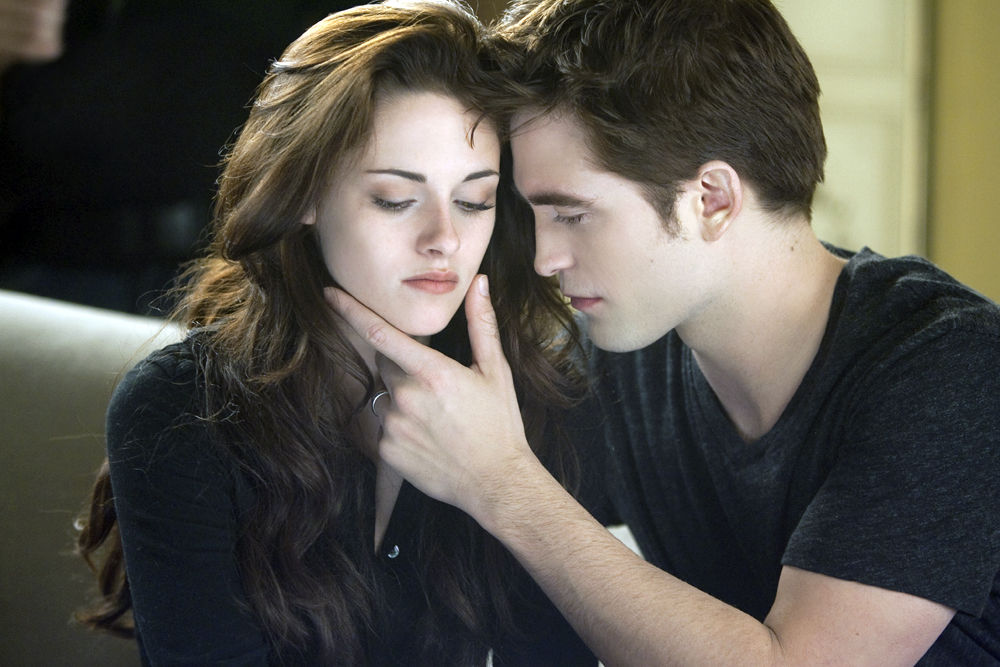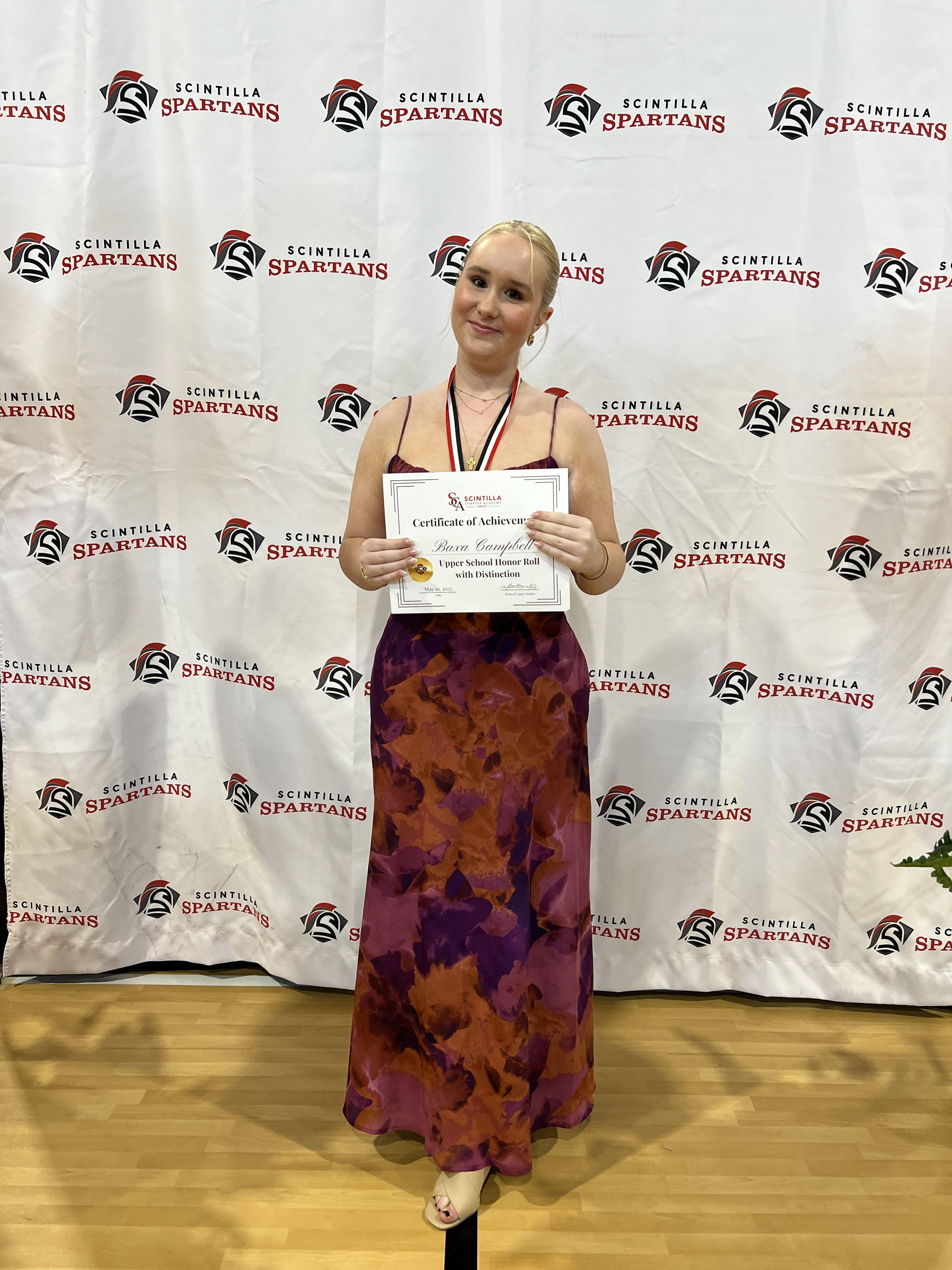Critic thankful for ‘Twilight’s’ sunset
Published 9:30 am Saturday, November 24, 2012

- This film image released by Summit Entertainment shows Kristen Stewart, left, and Robert Pattinson in a scene from "The Twilight Saga: Breaking Dawn Part 2." (AP Photo/Summit Entertainment, Andrew Cooper)
“The Twilight Saga: Breaking Dawn — Part 2” (Adventure/Fantasy: 1 hour, 55 minutes)
Starring: Kristen Stewart, Robert Pattinson and Taylor Lautner
Director: Bill Condon
Rated: PG-13 (Thematic elements, violence and sexuality)
Movie Review: The last film in the series based on Stephenie Meyer’s novels is finally present. Like its prequels, “Part 2” is lacking. This film is mainly for those people who loved the books, vampires, and a stereotypical romantic triangle involving a cute young woman and attractive men. The rest of the movie-going population was not hypnotized by the hype of a sparkling vampire and a large werewolf fighting over a woman, whose acting appeared dead long before she becomes a member of the walking dead.
Admittedly, some entertainment exists with these films in between segments of “I love you,” “no, I love you more,” and “I love her more.” The characters become older, but their overly sentimental lines remain unwise — even more, unpersuasive.
“Part 2” is better than “Part 1.” This is not saying much considering you can only go up from “Part 1.”
This outing has multiple vampires and werewolves joining Bella (Stewart), Edward (Pattinson) and Jacob (Lautner). Together, they must defend Bella and Jacob’s daughter, Renesmee (Mackenzie Foy), from the Volturi, leaders of the vampire clans. The Volturi, operating under false pretenses, plan the execution of Renesmee, whom the Volturi sees as an abomination.
After four movies, people have been waiting for this apex. The build up is not convincing. Instead, the introduction of new vampire characters with superpowers makes this version of the “Twilight Saga” feel more like a watered-down version of the “X-Men” (2000).
“Twilight” (2008) was the first in this series. It was a different kind of romance. That propelled it as a romantic film and made it watchable and enjoyable. The latter films, including this one, have merely been storytelling without substance: substandard acting, an overplayed romance and too plentiful and weak characterizations.
Grade: C- (Finally, sunset for this series.)
“Lincoln” (Drama/Biography/History: 2 hours, 30 minutes)
Starring: Daniel Day-Lewis, Sally Field, David Strathairn, Hal Holbrook and Tommy Lee Jones
Director: Steven Spielberg
Rated: PG-13 (War violence, gore, thematic elements, and profanity)
Movie Review: A few months into President Lincoln’s second term, he still faces the grave consequences of war. While the war between the states rages, Lincoln also has another motive, the passage of the Thirteenth Amendment to the United States Constitution. The amendment would abolish slavery in the United States. The passage of the measure would not be easy, as Congress must first pass it before ratification by the states. Lincoln must keep the Republicans united while trying to persuade enough Democratic Party members to vote for the amendment.
Slavery was not a primary or secondary cause for civil war, but this photoplay shows how those wanting to abolish slavery used the war to promote their just cause. This film shows what a shrewd politician President Lincoln was.
People may know him as “Honest Abe,” but he was a cunning political negotiator who used the bully pulpit to get what he wanted. In a pivotal scene, Lincoln shouts, “I am the President of the United States, clothed in immense power!”
Director Spielberg keeps the focus sharp with Lincoln. Spielberg exhibits few characters, but the focus is Lincoln, and secondarily his wife, Mary Todd Lincoln.
Daniel Day-Lewis ably plays Lincoln as a bold leader, a skilled statesman and storyteller who appreciated jokes. Day-Lewis makes it all look too easy. He plays Lincoln in a manner captivatingly enough that historian Doris Kearns Goodwin, whose book “Team of Rivals: The Political Genius of Abraham Lincoln” served in part as a template for this film, noted history appeared before her. Day-Lewis will be an easy Oscar nomination selection this year.
Sally Field should also receive many accolades for her brilliant turn as Lincoln’s wife. Mrs. Lincoln is still lamenting the death of one of her sons. Field’s scenes with Day-Lewis are some of the film’s most dramatic, influential scenes. Jones, Strathairn and Holbrook also turn in good performances. Jones is especially potent as the wig-wearing Thaddeus Stevens.
Spielberg uses his characters nicely, but this cast often appears as if part of history class rather than a grand screenplay. Any story of Lincoln is grand. However, Spielberg allows the characters to become a story more about the passing of the Thirteenth Amendment rather than Lincoln. This is this film’s great flaw when the previews and trailers made the film appear grander.
In addition, the fine soundtrack played during the end credits should have played some during the film. Some of the scenes could have benefited from moving music. Also, it was not necessary to have multiple senators respond to a role call vote that lasts for several moments. For a moment, “Lincoln” appears to be C-SPAN.
Still, “Lincoln” is an impressive achievement. Day-Lewis and Field are superb, and the story remains riveting as if it happened yesterday.
Grade: B+ (Lewis makes a superb Lincoln.)
“The Perks of Being a Wallflower” (Drama: 1 hour, 42 minutes)
Starring: Logan Lerman, Emma Watson and Ezra Miller
Director: Stephen Chbosky
Rated: PG-13 (Strong language, violence, sexuality and drug and alcohol usage)
Movie Review: In an early 1990s Pittsburgh, Charlie (Lerman) is an introvert freshman at his high school. His life is spent studying and reading. He is brilliant but his life needs excitement. He finds that excitement via two seniors, Patrick (Miller) and Sam (Watson), a brother-sister duo. Patrick and Sam befriend Charlie and show him a new life. The problem is Charlie has a past that continuous to be an issue.
This is a well-acted drama, a coming-of-age story directed and written by Stephen Chbosky. Perhaps more writer-filmmakers this talented should helm films and pen screenplays based on their novels.
“Wallflower” is a surprise hit, a wonderful film. It works on many levels. The story is inspirational, gratifying and thought provoking. The lives are vivid and important because this story gives characters substance. Plot builds character. This is evident with Chbosky’s good screenplay.
The cast makes the best of their roles. It is easy to want to return to high school after this. Of course, the high school of desire is the one portrayed here, Mill Grove High.
A youthful Lerman is known for roles as the title character in “Percy Jackson & the Olympians: The Lightning Thief” (2010). He is intriguing. He nicely plays an introvert with a certain solemn tone that works very well. His scenes with Watson and Miller are captivating.
Watson (“Harry Potter” series) is a youthful beauty. She dazzles throughout. Miller (“Afterschool,” 2008) is superb as a comical Patrick. He is full of life and faces many obstacles, yet he still manages to make the best of life. Miller is enriching.
In a secondary role, Mae Whitman plays Mary Elizabeth, a wealthy, strong-willed friend of the above mentioned. She is very much a snazzy younger, but modern version of “Star Wars’” actress Carrie Fisher.
This is a Chbosky’s first outing as a director. He will be a hot commodity now. He has put together a nice coming-of-age tale without the overdone adolescent material. Chbosky’s error is not knowing when to end this film. Additional scenes near the end appear out of place, but these additions are necessary to explain a character’s actions, even if it changes the nature of the plot. This is one of the best, not heavily publicized dramas of this year.
Grade: B+ (Plenty perks exist, making this a worthy piece.)





